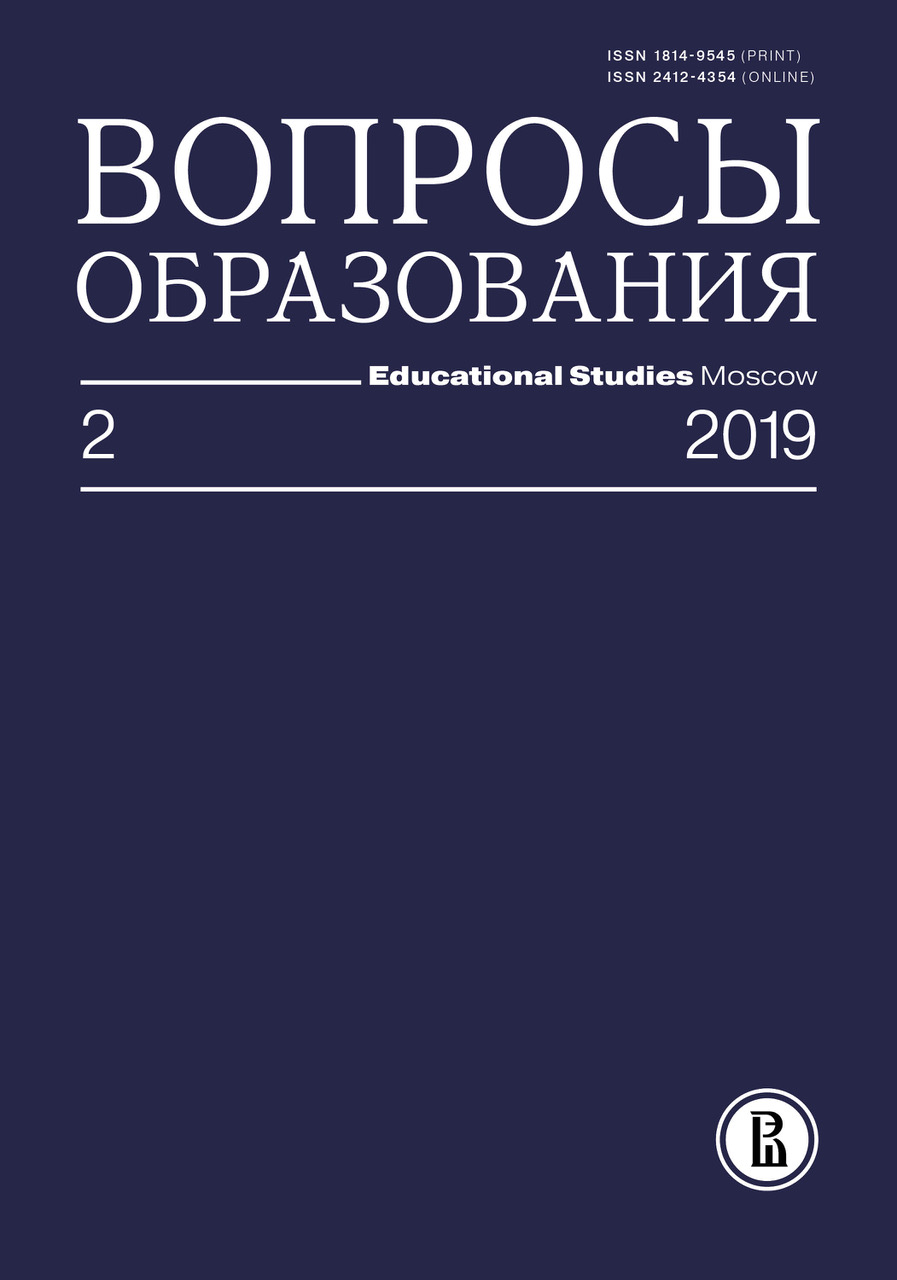Дополнительное образование школьников: функции, родительские стратегии, ожидаемые результаты
Аннотация
С целью проанализировать представления родителей школьников о функциях дополнительного образования, выявить стратегии выбора тех или иных вариантов дополнительного образования, которых придерживаются семьи, и результаты, которых они ждут, проведены анкетный опрос (6648 респондентов), а также полуформализованные интервью с родителями школьников в российском мегаполисе. Авторы исходят из представления о негомогенности школьного дополнительного образования с точки зрения решаемых задач и ожидаемых результатов. На основе эмпирических данных рассматриваются компенсирующая и развивающая функции дополнительного образования. Компенсирующая функция заключается в восполнении недостатков школьного образования и предполагает занятия по школьным предметам. Развивающее дополнительное образование выходит за пределы школьной программы и делает образовательное пространство ребенка более разнообразным. На основе анализа интервью выделены две основные стратегии, которых придерживаются семьи при выборе развивающих дополнительных занятий: ориентированная на развитие «гибких» навыков, т. е. метапредметных компетенций, и ориентированная на развитие «жестких» навыков, т. е. на получение специальных знаний в институциональных рамках.








